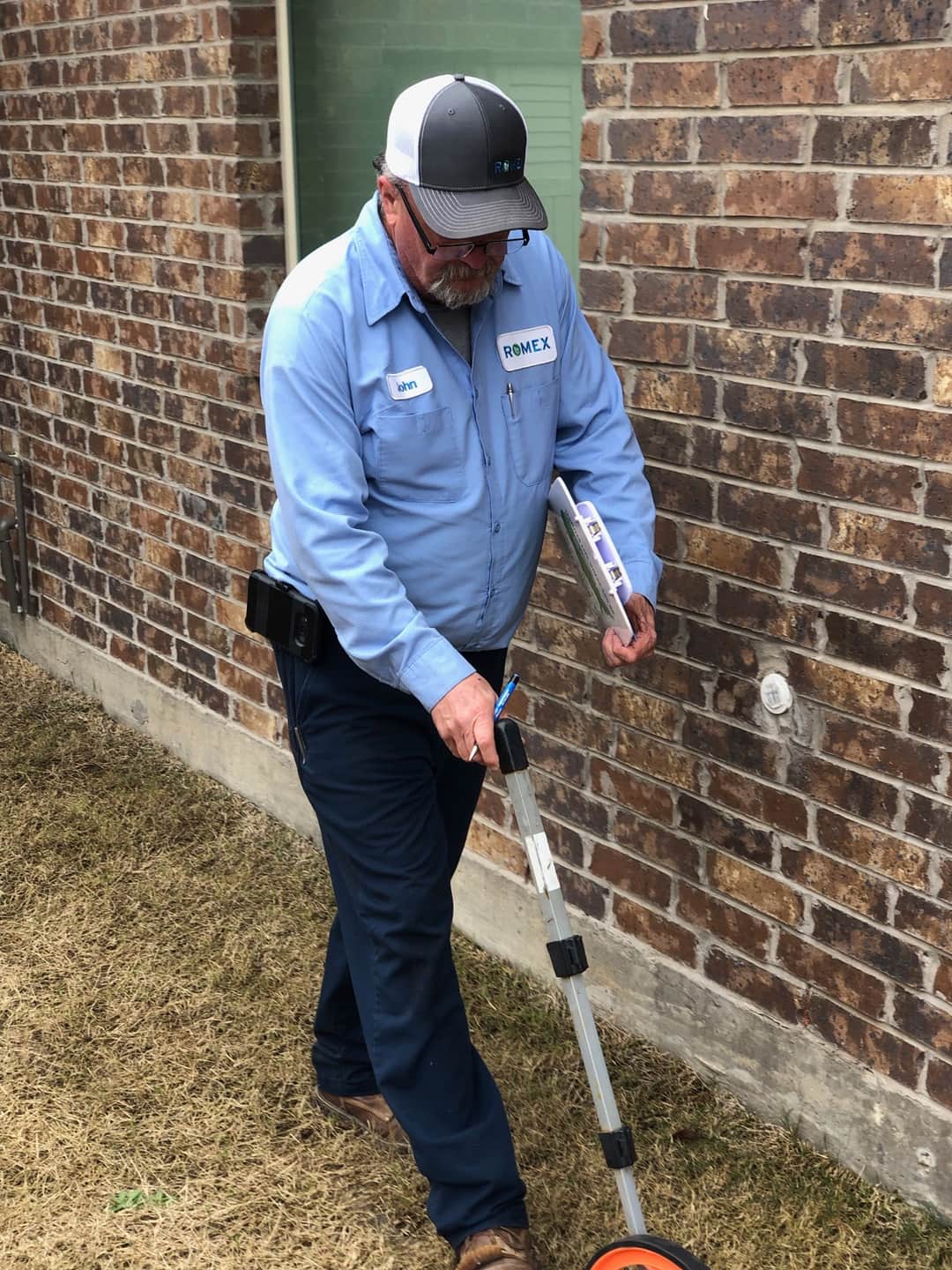Protect your family and property with our child-safe and pet-friendly pest management solutions.
Guaranteed results with same-day service available.
Comprehensive Guide to Mosquito Management in the Southern United States
Mosquitoes are a significant concern in the Southern United States, particularly in states like Texas, Mississippi, Oklahoma, and Louisiana. The warm, humid climate of these regions creates ideal breeding conditions for mosquitoes, making them a perennial nuisance and a public health concern. This guide offers an in-depth look at mosquito species common in the South, their behavior, lifecycle, signs of infestation, health risks, and effective control strategies.
Understanding Mosquitoes in the Southern States
Common Mosquito Species
- Aedes aegypti (Yellow Fever Mosquito): Identified by white markings on legs and body, known for transmitting dengue, Zika, and yellow fever.
- Aedes albopictus (Asian Tiger Mosquito): Recognized by its black and white striped legs, a vector for various diseases including West Nile virus.
- Culex species: Common across the region, known carriers of West Nile virus and other encephalitides.
- Anopheles species: Primary vectors of malaria, identified by their unique resting position with abdomens sticking up in the air.
Lifecycle and Breeding
- Egg Laying: Female mosquitoes lay eggs in stagnant or slow-moving water.
- Larval and Pupal Stages: Larvae, called "wigglers," live in water and develop into pupae, known as "tumblers."
- Adult Emergence: Adults emerge from pupae, ready to feed and mate.
Behavior and Habitat
- Feeding Habits: Female mosquitoes feed on blood to obtain nutrients for egg production, while males feed on nectar.
- Activity Patterns: Some species are more active during dusk and dawn, while others can bite throughout the day.
- Breeding Sites: Commonly found in standing water sources, including ponds, puddles, birdbaths, and discarded containers.
Signs of Mosquito Infestations
- Increased Biting Activity: Frequent mosquito bites, particularly in outdoor areas.
- Larvae in Water: Presence of mosquito larvae in stagnant water around properties.
- Auditory Cues: The buzzing sound of flying mosquitoes, especially in shaded or humid areas.
Health Risks and Concerns
- Disease Transmission: Mosquitoes are known vectors for diseases such as West Nile virus, Zika, dengue, and malaria.
- Allergic Reactions: Some individuals may experience severe allergic reactions to mosquito bites.
- Quality of Life: High mosquito populations can diminish outdoor enjoyment and affect quality of life.
Integrated Pest Management (IPM) Strategies
- Water Management: Eliminate standing water sources to disrupt the breeding cycle.
- Biological Control: Use of natural predators like fish in ponds or Bacillus thuringiensis israelensis (Bti) in water bodies.
- Personal Protection: Use of repellents, wearing long sleeves and pants, and using mosquito nets.
Chemical Control and Prevention
- Insecticide Spraying: Targeted application of insecticides in breeding sites and resting areas.
- Barrier Treatments: Use of residual insecticides around the perimeter of properties.
Professional Mosquito Control Services
- Customized Solutions: Tailored mosquito control programs based on specific needs and environmental conditions.
- Regular Monitoring and Treatment: Scheduled treatments throughout mosquito season for ongoing protection.
- Safety and Compliance: Adherence to safety standards and environmental regulations.
Conclusion
Effective mosquito management in the Southern United States requires a comprehensive approach that includes understanding mosquito behavior, habitat, and lifecycle. Implementing IPM strategies, along with professional pest control services, can significantly reduce mosquito populations and minimize the risks associated with these pests.
Stay informed about mosquito control advancements by visiting authoritative entomology websites or local university extension services, as well as our blog. Share your experiences or mosquito stories on our social channels to engage with our community on effective mosquito management practices. Your insights can help others in the Southern States effectively tackle the challenge of mosquito infestations.
Customer Pest Control Reviews and Testimonials
Save on Pest Control Services

Romex Pest Control Services
Discover Our Tailored Service Options
Our pest control services provide flexible options. We help protect your home or business from common pests. These pests include ants, roaches, and spiders. For immediate pest issues, we offer rapid, on-demand treatments.
Preparing to sell your property? Our real estate inspections uncover potential pest problems.
Opt for our bi-monthly or quarterly treatments for continuous exterior and interior protection.
Our experts will regularly treat your property. We use safe methods that are friendly for families and pets. This helps manage current pests and stops future infestations.
We also offer specialized services for targeted pest issues such as termites, bed bugs, mosquitoes, and more.
Please contact us today to explore the best pest management options for year-round safeguarding your property against insects.
Your Path to a Pest-Free Home or Business
Romex Pest Control
We are committed to protecting you, your children, and your pets with our eco-friendly, child-friendly, and pet-friendly guaranteed pest control solutions.
Romex Pest Control is fully insured and licensed in Texas, Oklahoma, Louisiana, and Mississippi.
Service Areas:
Hours
M-F 8 am–5 pm
Sat 8 am–2 pm
Sun Closed
Established 2016 © Copyright 2025 Romex Pest Control





